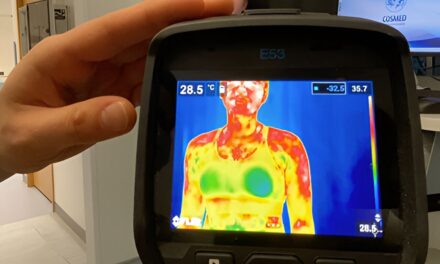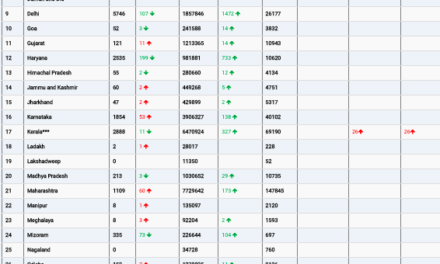In a world where longevity and healthy aging are hot topics, a new study suggests that individuals with blood group B may experience a slower aging process. This discovery has intrigued researchers and the public alike, prompting questions about what makes this blood type unique.
The Science Behind Blood Group B
Blood types are determined by specific markers on red blood cells, known as antigens, and by the antibodies circulating in our bloodstream. In the ABO blood group system, individuals with blood group B possess the B antigen on their red blood cells while producing antibodies against the A antigen.
Approximately 10% of the global population belongs to this category. Researchers have started exploring whether this distinct marker contributes to a more efficient metabolic response, potentially leading to slower aging in these individuals.
Insights from Scientific Research
Renowned researcher Tony Wyss-Coray from Stanford University has spent years studying how blood factors influence overall vitality. His research suggests that blood provides crucial clues about the body’s wear and tear over time.
Past studies have also pointed to a possible link between blood type B and longevity. In 2004, Shimizu and colleagues from Tokyo found that individuals with this blood type might have an advantage when it comes to lifespan. Scientists believe that factors such as enhanced cellular repair, better metabolic stress management, and resilience against age-related illnesses could be contributing to this effect.
Considerations and Possible Health Risks
Despite these promising findings, researchers caution that people with blood group B are not exempt from health concerns. Some studies suggest a slightly higher predisposition to cardiovascular issues in individuals with this blood type. However, maintaining a healthy lifestyle through balanced nutrition, regular physical activity, and stress management can help mitigate these risks.
Additionally, emotional sensitivity has been associated with blood group B individuals, indicating that a strong support system may be essential for their overall mental well-being.
Organ Aging and Blood-Based Insights
Emerging evidence highlights that aging does not occur uniformly across all organs. A recent study involving over 5,000 volunteers analyzed the biological age of 11 organs by measuring over 4,000 proteins in their bloodstream. The findings revealed that around 20% of the population experiences accelerated aging in at least one organ.
Traditional aging predictions rely on epigenetic changes in DNA, often requiring tissue samples from different organs. In contrast, blood-based analysis presents a more accessible method for assessing aging-related changes.
Using machine learning techniques, researchers can examine thousands of proteins in the blood to identify aging patterns in individual organs. This approach has the potential to revolutionize early detection strategies and personalized healthcare interventions.
Implications for the Future
The ability to identify an aging organ before symptoms arise is an exciting prospect, but it also comes with challenges. While early detection can encourage preventive measures, it may also lead to anxiety if no immediate treatment is available.
Experts suggest that individuals, particularly those with blood group B, prioritize cardiovascular health monitoring and adopt stress-reducing habits to enhance their overall well-being.
The Bigger Picture
While these findings offer new insights, lifestyle choices ultimately play a significant role in aging. A healthy diet, regular exercise, sufficient rest, and strong social connections remain essential for maintaining both physical and mental health.
As advanced blood-based testing becomes more accessible, individuals may gain better insights into their aging process. This could lead to early interventions and more personalized healthcare strategies in the future.
Wyss-Coray’s research underscores the potential of a simple blood test to reveal hidden changes within the body. This breakthrough could pave the way for more targeted approaches to aging and wellness, helping individuals maintain a higher quality of life as they grow older.
The study was published in the journal Experimental Gerontology.
Disclaimer: The findings presented in this article are based on current scientific research and should not be considered definitive medical advice. Individual aging patterns depend on various genetic, environmental, and lifestyle factors. Consultation with a healthcare professional is recommended for personalized health assessments.












